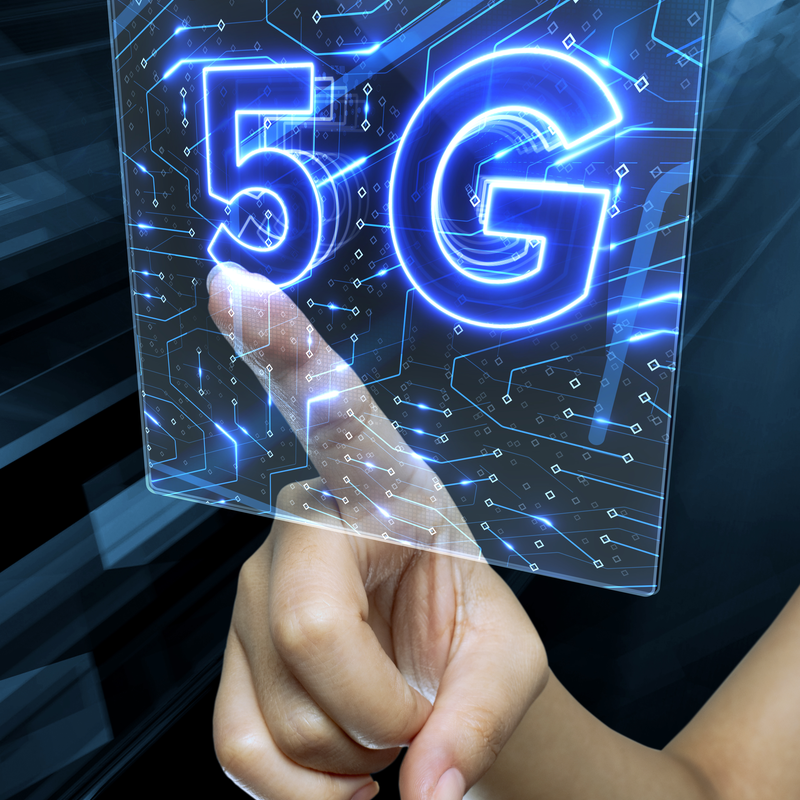What is the importance of telecommunications?
Telecommunications enable the exchange of information over distances, facilitating global communication and connectivity. It supports various functions such as business operations, emergency services, and personal communication. The advancement in telecommunications technology has revolutionised how we interact, conduct business, and manage societal functions, making it an essential infrastructure for modern life.
How does telecommunications impact daily life?
Telecommunications impact daily life by enabling instant communication, access to information, and entertainment across the globe.
- Facilitates instant communication, improving personal and professional connections.
- Provides access to a broad array of information and educational resources.
- Enhances entertainment options through streaming services and social media platforms.
In essence, telecommunications keep people interconnected, informed, and entertained, revolutionising how societies function.
How does telecommunications affect communication?
Telecommunications refers to the transmission of information over significant distances using electronic means. This technology impacts communication by enabling the instant exchange of information, reducing the need for physical presence, and allowing for multitasking through various forms of digital communication. Key variations include the use of voice calls, video conferencing, emails, and messaging apps, influenced by factors such as internet connectivity, devices used, and user proficiency.
How does telecommunications influence business operations?
Telecommunications influence business operations by improving communication efficiency, enabling remote work, enhancing customer service, and streamlining processes, thereby increasing productivity and reducing operational costs.
What are the key components of telecommunications?
The key components of telecommunications are transmitters, receivers, transmission mediums, and protocols, which enable the effective exchange of information over distances.
What are the main types of telecommunications systems?
Telecommunications systems enable communication over distances using various technologies. The main types include wired, wireless, satellite, and internet-based systems.
- Wired Systems: Use cables like fibre optics for data transmission.
- Wireless Systems: Include cellular networks and Wi-Fi.
- Satellite Systems: Use satellite technology for communication across large distances.
- Internet-based Systems: Include VoIP and other internet communications.
What is the role of the internet in telecommunications?
The internet acts as the backbone of modern telecommunications, enabling the transmission of data over vast distances. It supports various communication methods, including voice, video, and data, making real-time interaction possible worldwide.
How do mobile networks contribute to telecommunications?
Mobile networks facilitate wireless communication by transmitting voice and data via radio waves, connecting users to the global telecommunications infrastructure. They consist of cellular towers and base stations that interconnect with public switched telephone networks (PSTNs) and the internet.
How has telecommunications evolved over time?
Telecommunications, encompassing communication methods like telegraphs, telephones, and the internet, has transformed drastically. Key stages include the invention of the telephone, satellite communications, and mobile internet.
What were the early forms of telecommunications?
Early forms of telecommunications included smoke signals, drums, semaphore lines, and homing pigeons.
How did the invention of the telephone change telecommunications?
The invention of the telephone revolutionised telecommunications by enabling real-time voice communication over long distances.
What advancements have been made in telecommunications technology?
Recent advancements include the development of 5G networks, improvements in fibre optic communications, and the integration of AI for network management, enhancing speed, reliability, and efficiency.

What are the benefits of telecommunications?
Telecommunications allow the transmission of information over significant distances for communication purposes.
- Improved Communication: Enables instant communication across the globe, enhancing personal and business interactions.
- Economic Growth: Facilitates global business operations, leading to job creation and improved GDP.
- Access to Information: Provides instant access to educational resources.
How does telecommunications improve connectivity?
Telecommunications enhance connectivity by enabling the transmission of information through electronic means, including phone calls, internet access, and digital data transfers.
How does telecommunications enhance education?
Telecommunications enhances education by connecting students and educators through digital platforms.
- Accessibility: Students can access educational resources from anywhere.
- Collaboration: Facilitates real-time collaboration among students and teachers.
- Resource Availability: Vast amounts of online educational content are provided.
How does telecommunications support healthcare?
Telecommunications in healthcare refers to the delivery of health services and information using telecommunication technologies, improving access to care and enhancing the quality of healthcare services.
What are the challenges in telecommunications?
Telecommunications face challenges including infrastructure expansion, network security issues, and high costs of upgrading technology.
What are the main security concerns in telecommunications?
The main security concerns include data breaches, cyberattacks, and communication interceptions, each posing significant threats to data privacy and network integrity.
How does data privacy impact telecommunications?
Data privacy necessitates robust measures to protect user information, influencing regulatory compliance and shaping consumer trust.
What are the infrastructure challenges in telecommunications?
Infrastructure challenges include outdated equipment, high maintenance costs, network congestion, and coverage gaps.
How does telecommunications affect the economy?
Telecommunications stimulates economic growth by increasing productivity, fostering innovation, and enhancing connectivity.
How does telecommunications drive economic growth?
Telecommunications enhance communication efficiency, fostering innovation and improving access to information.
How do telecommunications create job opportunities?
Telecommunications create job opportunities by expanding network infrastructure, generating employment in installation, maintenance, and support services.
How do telecommunications influence global trade?
Telecommunications influence global trade by enabling rapid communication, reducing transaction times, and improving logistical coordination.
What is the future of telecommunications?
The future of telecommunications is poised to see rapid evolution driven by emerging technologies.
What are the emerging trends in telecommunications?
Emerging trends are shaping how we communicate and access information.
| Trend | Description |
|---|---|
| 5G Networks | Significant increase in speed and network efficiency, enhancing mobile connectivity. |
| Internet of Things (IoT) | Integration of devices through the internet, promoting smart homes and cities. |
| Artificial Intelligence (AI) | Utilisation of AI for network optimisation, customer service, and predictive maintenance. |
| Edge Computing | Data processing closer to the source, reducing latency and improving real-time responses. |
| Enhanced Security | Advanced encryption and cybersecurity measures to protect sensitive communications. |
How will 5G technology impact telecommunications?
5G technology is set to revolutionise telecommunications by providing faster speeds, lower latency, and greater connectivity.
What role will artificial intelligence play in telecommunications?
Artificial intelligence (AI) will enhance network optimisation, automate customer service, and improve security.
What are the key regulatory bodies in telecommunications?
- Federal Communications Commission (FCC) – Regulates communications in the United States.
- International Telecommunication Union (ITU) – Oversees global telecommunications issues.
- European Telecommunications Standards Institute (ETSI) – Develops standards for communication technologies in Europe.
- Ofcom – Regulates UK telecommunications, TV, and radio sectors.
How do regulations ensure fair competition in telecommunications?
Regulations ensure fair competition by preventing monopolistic practices and promoting transparency.
How do regulations protect consumer rights in telecommunications?
Regulations protect consumer rights by setting standards for fair practices, transparency, and dispute resolution.
How do telecommunications impact social interactions?
Telecommunications enhance social interactions by enabling instant communication regardless of distance.
How do social media platforms rely on telecommunications?
Social media platforms depend on telecommunications to enable real-time communication and data exchange.
How do telecommunications facilitate remote work?
Telecommunications enable remote work by allowing employees to communicate and collaborate from any location using various technologies.
How do telecommunications support virtual events?
Telecommunications support virtual events by providing the necessary infrastructure for seamless video, audio, and data communication.
What are the environmental impacts of telecommunications?
Telecommunications impact the environment through energy consumption and electronic waste.
How does telecommunications infrastructure affect the environment?
Telecommunications infrastructure impacts the environment by contributing to carbon emissions and resource depletion.
What are the benefits of green telecommunications?
Green telecommunications utilise eco-friendly practices to minimise environmental impact.
Conclusion
In this article, we covered various aspects of telecommunications, their importance, components, benefits, challenges, economic impact, future trends, and environmental considerations.
Key Takeaways
- Telecommunications is crucial for communication and economic growth.
- Emerging technologies like 5G and AI are reshaping the industry.
- Regulations play a vital role in ensuring fair competition and consumer protection.


